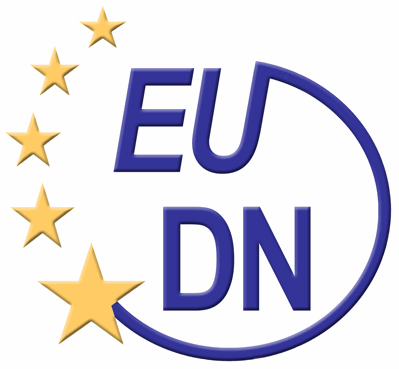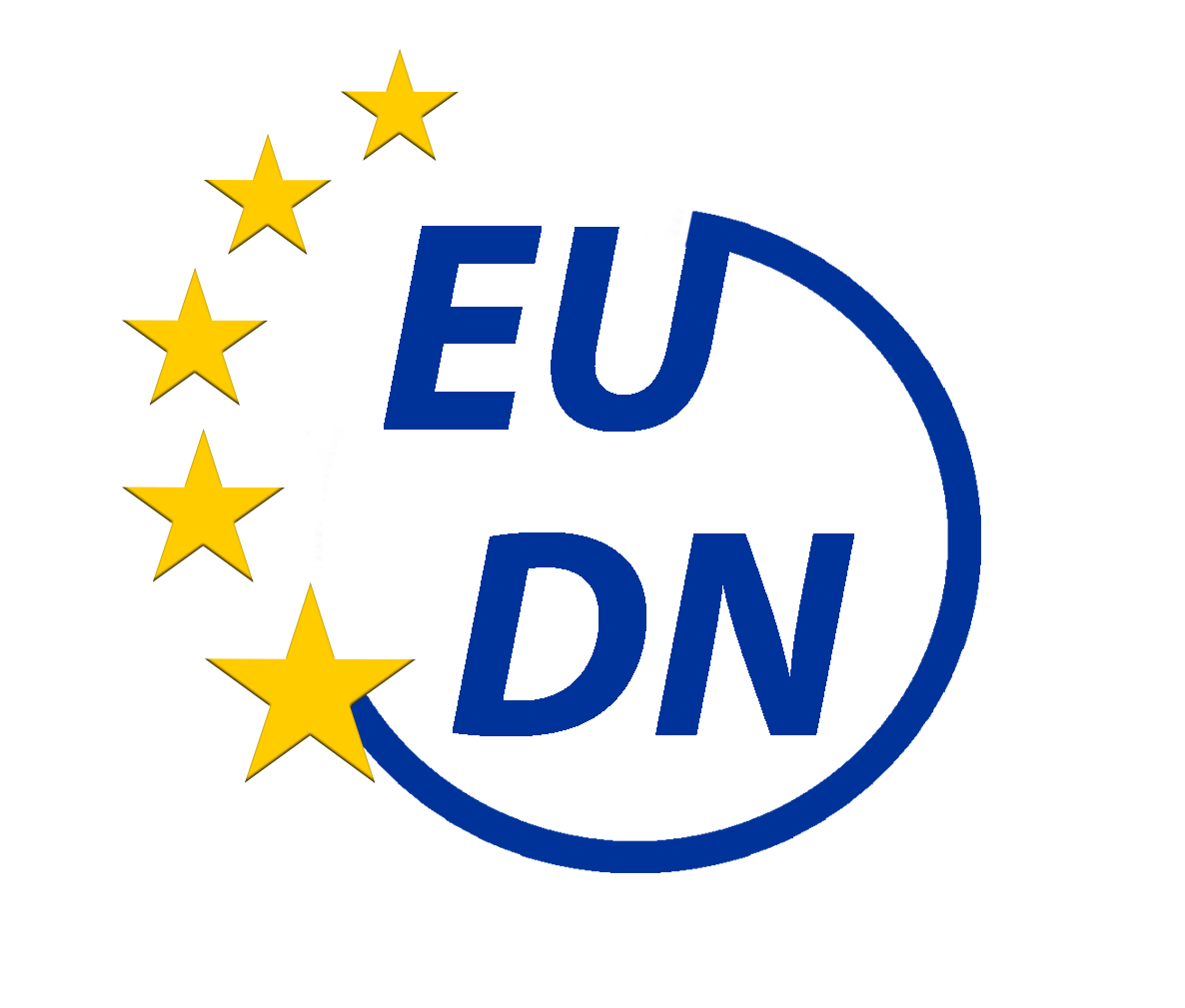As one of the first project activities, ZEF organized, upon invitation by Joachim von Braun, ZEF, and Lyn Squire, director of GND, a small academic Roundtable for European development economists on 15 September, 2000 in Bonn. The objective of the workshop was to bring together a group of reputable European development economists to brainstorm about the idea of forming the European hub of GDN. As an outcome of the Roundtable, there was common understanding within the group that (i) there is need for a formalized development network within Europe, and (ii) that GDN may offer a good ground and functions as a facilitator for the establishment of such a globally linked network. The results of the meeting were summarized in a first proposal for submission to different donors.
Thereafter, the group was formalized by confidential elections of the Executive Committee, and by-laws of the EUDN have been developed. The core of the network initially consisted of 17 development economists, most of whom are embedded in a multidisciplinary environment at their home institutes. Further disciplines were included at a later stage.
The official announcement about the new European network was made at the Second Annual GDN Conference in Tokyo in December 2000. While in Tokyo, it was also decided at the first meeting of the Executive Committee
- to call the new European hub the European Development Research Network, in short EUDN and
- to expand the network by carefully enlarging the group of 17 development economists.
In the following years, three round of nominations and elections of new members took place. In June 2001, the network was expanded by 13 new members; in December 2002, 17 new members followed, and in April 2004, another 7 members joined. In September 2006, 13 full members and 4 associate members have been accepted. Allowing for withdrawals of a few members, total membership is now equal to 84 full members and 33 associate members (2017).

